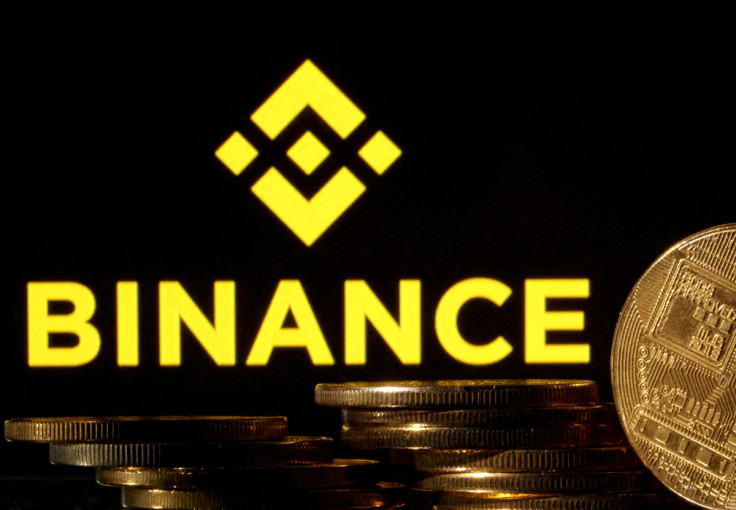Binance Slams Reuters Report On Seized Accounts, Says It Left Out Critical Facts 'To Fit Their Narrative'
KEY POINTS
- It is not the first time Binance is calling out the news agency
- Last year, Binance refuted a Reuters report saying it processed more than $10 billion in payments for entities wanting to evade U.S. sanctions
- The exchange called the calculations in the report "inaccurate" and the descriptions of compliance control in it "outdated"
Binance, the world's largest centralized crypto exchange platform by trading volume, has slammed Reuters' exclusive report in which the news agency revealed that Israeli authorities seized 190 Binance accounts allegedly linked to terrorist groups like Hamas and Daesh since 2021.
Citing a document from Israel's National Bureau for Counter Terror Financing (NBCTF), Reuters reported the confiscation of two accounts linked to Daesh in the country's attempt to "thwart the activity" and "impair its ability to further its goals" and also questioned the compliance policies Binance has in place.
Binance refuted the said report, noting that it left out critical facts.
"Once again, the same reporter at Reuters is deliberately leaving out critical facts to fit their narrative," Binance said in a new blog post. "This time, they've raised questions about our compliance policies for preventing and tackling cryptocurrency-based financing of terrorism."
"This is a topic we take very seriously and want to use this opportunity to set the record straight," it continued.
Binance then said people often overlook the fundamental feature of all digital asset transactions, which is the impossibility "for a crypto exchange (or anyone) to block or reverse a digital asset deposit once a transaction has been verified on the blockchain."
The exchange also warned about sharing law enforcement cases since investigations as such are ongoing and "we want to ensure we're making law enforcement's jobs easier." Moreover, it assured the public, saying, "We can say unequivocally that we've been working closely with international counter-terrorism authorities on these seizures."
Binance also pointed out that bad actors do not register their accounts under the names of criminal organizations, which is the reason why it works with authorities and "leverages information that is only available to them in order to identify individuals operating accounts for illicit organizations."
The exchange went on to say that "these are challenging issues in which we have invested heavily on behalf of our users."
"Our team and systems have improved significantly over the past several years and we remain committed to leading the industry in efforts to keep bad actors entirely out of crypto," it concluded. "This tireless effort will not stop at Binance as we are proud of our team's work with law enforcement around the globe to make the world a safer place."
Last year, Binance also refuted a Reuters report, which claimed that the exchange had processed more than $10 billion in payments for companies and criminals wanting to evade U.S. sanctions. In a blog post, Binance called the illicit-fund calculations in the report "inaccurate" and its descriptions of compliance controls "outdated."
Recently, Binance also slammed reports alleging that its CEO, Changpeng Zhao, (CZ) has links to the Chinese Communist Party.

© Copyright IBTimes 2024. All rights reserved.






















